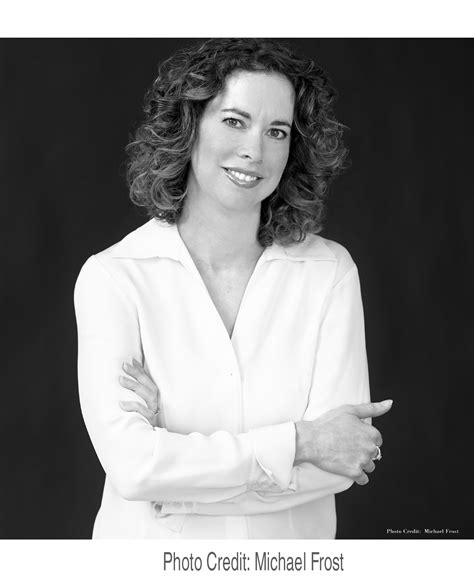A Quote by Wilbur Ross
We're in the business not so much of being contrarians deliberately, but rather we like to take perceived risk instead of actual risk. And what I mean by that is that you get paid for taking a risk that people think is risky, you particularly don't get paid for taking actual risk.
Related Quotes
Basically if you study entrepreneurs, there is a misnomer: People think that entrepreneurs take risk, and they get rewarded because they take risk. In reality entrepreneurs do everything they can to minimize risk. They are not interested in taking risk. They want free lunches and they go after free lunches.
To laugh is to risk appearing a fool. To weep is to risk appearing sentimental. To reach out to another is to risk involvement. To expose feelings is to risk exposing your true self. To place your ideas and dreams before a crowd is to risk their loss. To love is to risk not being loved in return. To hope is to risk pain. To try is to risk failure. But risks must be taken, because the greatest hazard in life is to risk nothing.
Managing risk is a key variable, frankly, all aspects of life, business is just one of them, and one of the things that most people do in terms of managing risk, that's actually bad thinking, is they think they can manage risk to zero. Everything has some risk to it. You know, you drive your car down the street, a drunk driver may hit you. So what you're doing is you're actually trying to get to an acceptable level of risk.
The church seeks to help form people who can risk being peaceful in a violent world, risk being kind in a competitive world, risk being faithful in an age of cynicism, risk being gentle among those who admire the tough, risk love when it may not be returned, because we have the confidence that in Christ we have been reborn into a new reality.
I don't think I'm a risk-taker. I don't think any entrepreneur is. I think that's one of those myths of commerce. The new entrepreneur is more values-led: you do what looks risky to other people because that's what your convictions tell you to do. Other companies would say I'm taking risks, but that's my path - it doesn't feel like risk to me.



































